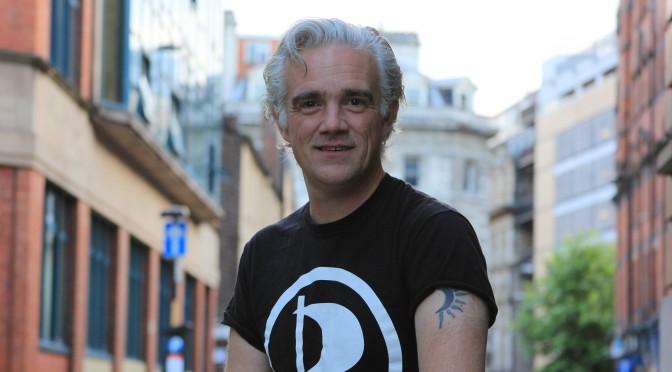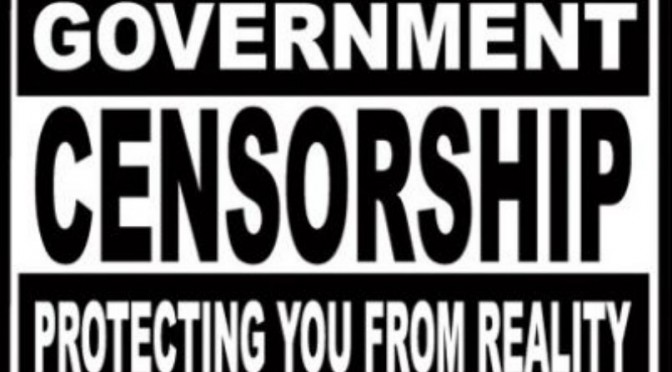An election year comment from Loz Kaye, Leader of Pirate Party UK
For some time now, a nasty puritan streak has been growing in British public life, fed by prejudices both from the left and right. I don’t need to go through each instance: just search back through the history of this blog. Week after week we have seen moral outrage after outrage, crackdown after crackdown.
The absurdity of the AVMS video on demand regulations, or anti-facesitting laws if you prefer, seemed to sum up the sense of panic and how it is infringing peoples’ freedoms. At the heart of sexuality and how we use our bodies has to be consent. It is preposterous to outlaw images of an act that you can consent to. Worse still, in my view that undermines the very concept of consent itself, turning it in to something which is arbitrarily given and withheld by others, not yourself.
That is inherently political and no wonder that the following demonstration was at Westminster, however much MPs looked the other way.
This new puritanism is indeed politically motivated. The pressure on Internet Service Providers to move to default web filtering came directly from Cameron and the likes of Claire Perry pandering to tabloid scare headlines. What we learnt in 2014 was that, as so many of us warned, this led to censorship, including websites there to help victims of abuse or to support LGBT people.
The focus for so much of the moral panic has been the perceived “wild west” of the Internet. We in the Pirate Party have right from our outset opposed the use of web blocking as a state means of personal control.
Web censorship is not a tool for sexual health promotion. State censorship is not a tool for creating equality. Curtailing freedom of expression is not a tool for supporting victims of crime.
If 2014 saw us on the back foot, 2015 is the year to set the agenda. These are the key positive aims as I see it:
-
Change the direction of the Department of Culture Media and Sport pressure and work to remove default web filtering.
-
Work with advertising standards to make sure ISPs don’t misrepresent filters as foolproof parenting tools.
-
Stop the use of web filtering and blocking as a pretended social policy tool.
-
Reverse the ATVOD censorship moves.
-
DCMS should launch a review into the role of OFCOM and ATVOD in controlling freedom of expression.
-
Disband the “copyright cops” PIPCU to give programmes working with victims of abuse a £2 million boost over 3 years.
-
Embed removing of stigma about discussing sexuality frankly as a vital part of public health strategy.
I’m sure you can think of plenty more, let me know what they are and I’ll be happy to work for them.
The reason that politics has drifted so far in an authoritarian direction, particularly when it comes to sexual freedom, is that most politicians see it at best as a peripheral issue, at worst as a career ruining one, not to be touched with a barge pole. Of course ensuring the safety of sex workers, the well-being of LGBT people or removing stigma about discussing sexual health is not marginal, it’s literally a matter of life and death.
It is our job in 2015 to assert this not a peripheral issue, to destroy the myth that liking particular types of images means that you are unconcerned with the welfare of women or young people, and to support candidates who do have the guts to stand up.
At the risk of angering ATVOD, I would suggest that you can be a bit forceful in 2015. As it’s a general election year, it’s your opportunity to tell MPs and candidates what to do.
It’s very simple. For the next few months tell candidates that you expect them to actively support sexual freedom of expression with the kind of policies that I outlined, or you won’t vote for them.
Let them know that you will tell as many other people as you can to join you in finding a pro-freedom candidate. And stick to that, despite all the scaremongering about wasted votes or two horse races you’ll hear. Don’t let your MP get away with claiming this is not something that concerns their constituents after May 7th.
I suspect that most people reading this blog will not be afraid to try something new. It may be that you should consider doing that in May.

